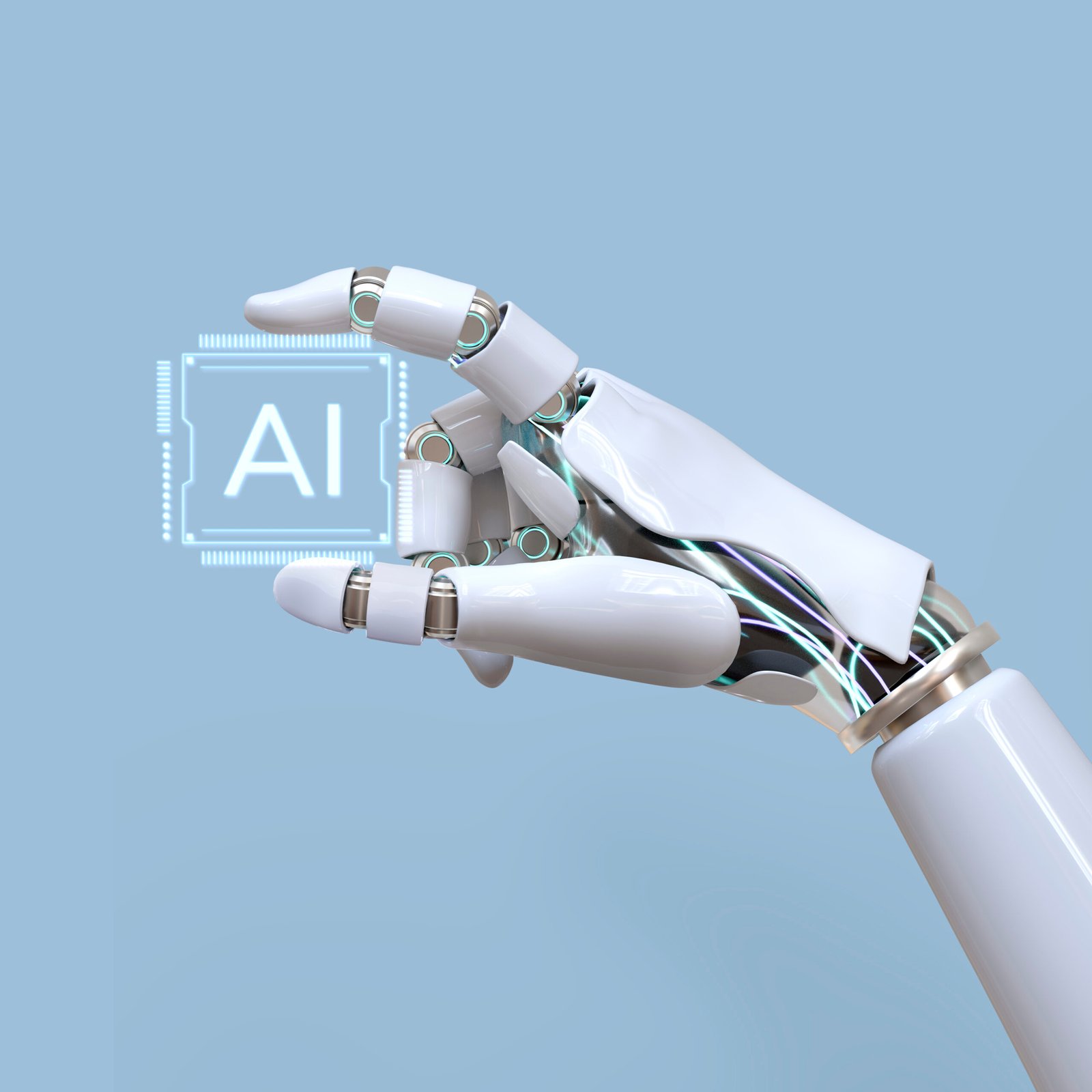As Artificial Intelligence (AI) reshapes every corner of business, Human Resources in India stands at a critical junction. From transforming recruitment and employee experience to optimizing workforce analytics and learning systems, AI in HR is no longer a futuristic concept—it’s a present-day imperative.
But are Indian HR leaders truly ready for the AI wave? And what does “readiness” even look like in such a dynamic, unpredictable landscape?
Let’s dive deep into how India Inc.’s people leaders are embracing, adapting to, and preparing for the rise of AI in HR.
1. Redefining Talent Acquisition with AI in HR
Among the most immediate and visible changes brought on by AI in HR is in the area of talent acquisition. Traditional recruitment methods—manual screening, broad job postings, and long interview rounds—are increasingly being replaced or supplemented with intelligent automation.
Companies like Infosys, Wipro, and Tech Mahindra are already leveraging AI-based tools for:
- Resume parsing and candidate shortlisting
- Chatbots for initial candidate engagement
- Skill-matching algorithms to reduce hiring time
- Predictive hiring models to assess candidate success probability
However, Indian HR leaders are also exercising caution. AI’s effectiveness depends on the quality of the data it’s trained on. Poorly calibrated systems can amplify hiring biases, overlook diverse candidates, or make flawed predictions.
To address this, forward-thinking CHROs are investing in ethical AI frameworks, building cross-functional teams that include HR, legal, DEI experts, and data scientists to ensure responsible deployment.
2. Reinventing Learning & Development Through AI in HR
Another frontier where AI in HR is gaining momentum is Learning & Development (L&D). With workforce skills becoming obsolete faster than ever, Indian HR teams are tapping into AI-driven learning platforms that personalize content, track learning paths, and recommend upskilling programs.
Leading platforms used in India—like Disprz, iMocha, and Degreed—enable organizations to:
- Tailor training to employee roles and interests
- Suggest next-skill learning journeys
- Map enterprise-wide skill gaps
- Encourage peer learning and mentorship through AI matchmaking
This shift is especially significant in sectors like IT, BFSI, and manufacturing, where evolving technologies are redefining job roles. Indian HR leaders are moving from one-size-fits-all training to dynamic, modular learning ecosystems—powered by AI.
At the same time, many acknowledge the human touch cannot be eliminated. Mentorship, coaching, and community learning remain critical—AI simply enhances their impact by identifying where they’re needed most.
3. Driving Engagement and Retention with AI in HR
A less visible but equally powerful area is employee engagement. Gone are the days when HR had to rely solely on quarterly surveys or exit interviews to understand employee sentiment. With AI in HR, it’s now possible to analyze engagement in real time.
Indian HR teams are using sentiment analysis, engagement heatmaps, and predictive attrition models to:
- Identify burnout risks early
- Pinpoint disengaged teams or managers
- Monitor feedback from Slack, Teams, or email without breaching privacy
- Trigger proactive interventions
In a high-turnover talent market, especially with younger employees expecting more personalized, responsive workplaces, this is a game changer.
Organizations like Tata Steel and HDFC Life are already experimenting with AI-based pulse surveys and digital nudges to support mental health, inclusion, and productivity.
Still, many HR leaders are treading carefully. Too much surveillance, even with good intent, can erode trust. The key lies in transparency—clearly communicating what data is being collected, why, and how it benefits the employee.
4. Rethinking HR Strategy with AI in HR
More broadly, the role of AI in HR is pushing leaders to rethink their overall HR strategy—from structure and capability to technology investments and policy design.
For example:
- Traditional HR Business Partner (HRBP) roles are being upskilled to become People Analytics Champions.
- CHROs are being asked to collaborate with CIOs and CTOs to evaluate tech stacks.
- HR strategy now includes AI-readiness audits—assessing team capabilities, cultural acceptance, and ethical considerations.
There’s also a growing call to redefine what “human” means in Human Resources. While AI will automate many administrative tasks, the uniquely human aspects of HR—like empathy, culture-building, conflict resolution, and ethical judgment—will become even more valuable.
HR leaders in India are embracing this duality. They are preparing their teams to let go of redundant tasks while leaning deeper into high-trust, high-impact interactions.
The Road Ahead: HR as the Architect of the AI-Human Workplace
India’s demographic and digital advantage gives its HR leaders a unique opportunity—to shape a future of work where AI and humans thrive together. But this won’t happen by default. It will take deliberate leadership, strong values, continuous experimentation, and above all, a willingness to rethink.
The AI wave is not a storm to survive. It’s an energy to harness.
✅ Join the Conversation at the Next RethinkHR Conclave
If you’re an HR leader navigating this AI-driven transformation, the upcoming RethinkHR Conclave is where you need to be.
- Explore live case studies of AI implementation across Indian companies
- Hear from CHROs who are shaping the future of people-tech synergy
- Network with peers, thought leaders, and innovators who are rethinking HR from the ground up
Don’t just react to the future. Design it with us.
📅 Register now at rethinkhr.co.in and be part of the most important HR conversations of the year.

